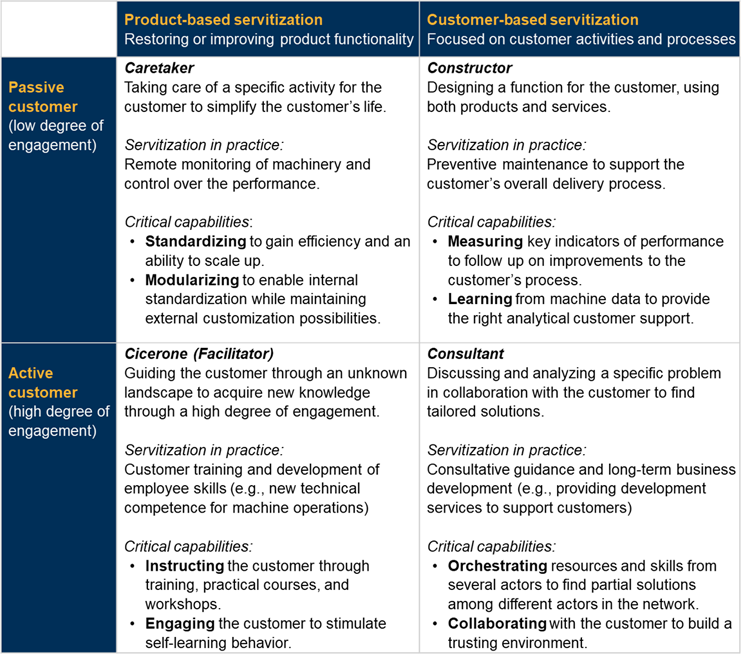SWAN Corner: Building Trust Into Water Service Agreements
By Amir Cahn

Water utilities need to secure reliable infrastructure, yet often lack the internal capacity to do so, thus gaining support from external partners is becoming increasingly important.
In service arrangements, contracts and relationships must serve as complements. A poorly written contract cannot be overcome by friendly account managers while substandard contracts generally make for poor relationships (Goo et al., 2009). Therefore, trust is really the glue between contracts and relationships.
Trust is a combination of integrity, reliability, and mutual caring, beneficial to all types of partnerships that face risk and require constant flexibility. However, very high trust partnerships sometimes fail to innovate. If a team enjoys a high-level of trust and mutual caring, there may be too much compromise. In such cases, a team member would prefer to please his partner rather than to openly question the partner’s ideas, decisions, and actions (Bidault & Castello, 2010).
There are many ways a water utility can approach a service contract, which fall into two main categories: supplier product support and customer process support. Product support services can include basic maintenance or preventive services and customer support can include training, workshops, and in-depth collaboration.
In certain cases, customers may be more inclined to take a passive role, for example relying on autonomous, remote monitoring or advanced telematics (e.g., LoRa or Sigfox) managed directly by the service provider. Similarly, some customers may lack time, resources, or incentives to be actively engaged. In other cases, customers may be heavily involved in service deployment, integrating their internal skills, staff, and time to learn about the offering in order to achieve the best outcomes and upskill their workforce.
The table below shows a helpful visualization of the different types of service relationships as referenced in the 4C framework developed by Carlborg et al. (2018). It shows examples of passive vs. active customers and the critical success factors for each relational mode: Caretaker, Constructor, Cicerone (Facilitator), and Consultant.

Source: Adapted from the 4C framework (Carlborg et al., 2018)
Application To The Water Sector
Caretaker: Usually relating to capital-intensive products, the customer is willing to allow a knowledgeable party take care of its problems or manage the equipment in question. Within the water sector, this applies to the Data-as-a-Service (DaaS) model, in which a technology supplier operates and maintains certain hardware equipment to collect, transmit, and process data and the utility only pays for the final results.
Constructor: The customer is less inclined to commit its own resources (staff, knowledge), so the supplier engages more actively with the customer’s processes. Within the water sector, this relates to Software-as-a-Service (SaaS) solutions, in which a technology supplier must develop deep skills to systematically measure and learn about the customer’s situation and internal processes.
Cicerone (Facilitator): The supplier engages and guides the customer, who then becomes increasingly able to manage the situations alone. Within the water sector, this is performed by industry forums such as the SWAN Forum, Cleveland Water Alliance, and specialized experts.
Consultant: The customer actively contributes its own resources and labor to solve unique challenges in collaboration with the supplier. This may include building teams of operatives that can work together at different levels of management. Within the water sector, this applies to design engineering and consulting firms.
To be successful, each of these roles depends on effective collaboration and co-creating value. Directly linked to this is the core issue of trust. Can water utilities fully trust technology providers? What is the “right” level of trust, and can there be too much trust?
Upcoming Free Webinar
If you are interested in this topic, we encourage you to attend the webinar, “Building Trust in Smart Water: From Project Design to Implementation,” hosted by the SWAN Americas Alliance and Cleveland Water Alliance. The event will feature a water utility, technology start-up, and consulting firm perspective in an interactive panel discussion where audience questions are encouraged. Join us on January 25th, 2023, from 1-2 pm EST. Register HERE.
References
Bidault, F., & Castello, A. (2010). “Why too much trust is death to innovation.” MIT Sloan Management Review, 51(4), 33.
Carlborg, P., Kindström, D., & Kowalkowski, C. (2018). “Servitization practices: A co-creation taxonomy.” In Practices and Tools for Servitization (pp. 309-321). Palgrave Macmillan, Cham.
Goo, J., Kishore, R., Rao, H. R., & Nam, K. (2009). “The role of service level agreements in relational management of information technology outsourcing: An empirical study.” MIS quarterly, 119-145.
Amir Cahn is Executive Director of the Smart Water Networks Forum (SWAN) and a PhD candidate. Please reach out to Amir with any questions or comments at amirc@swan-forum.com.
